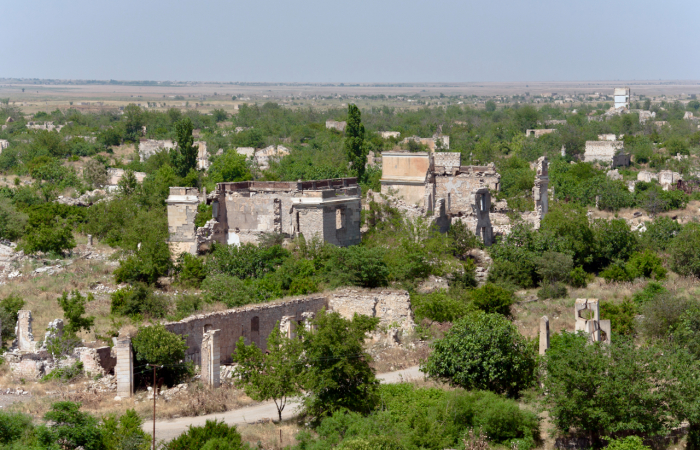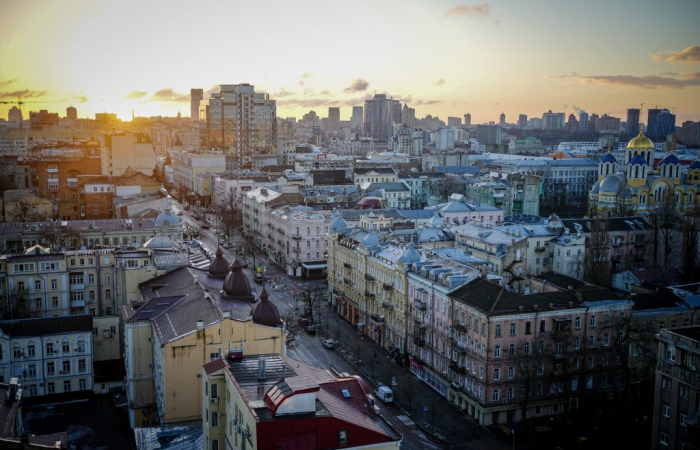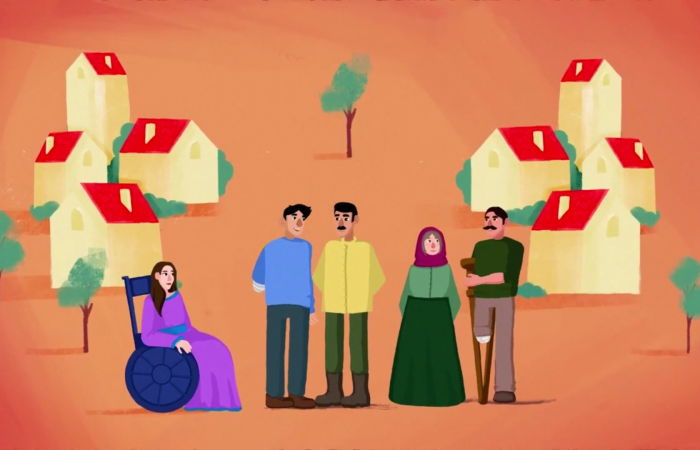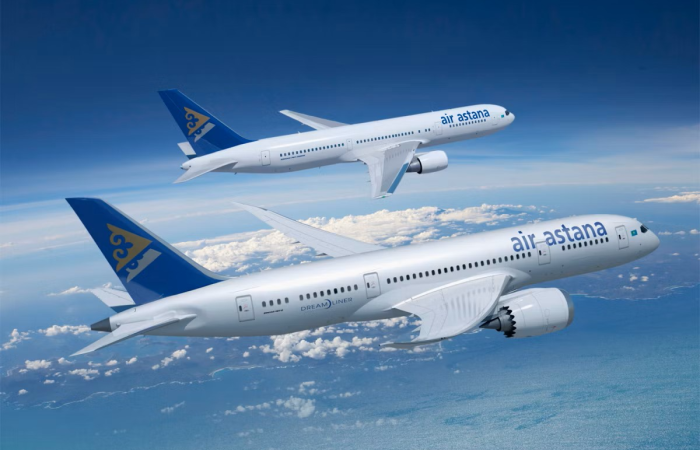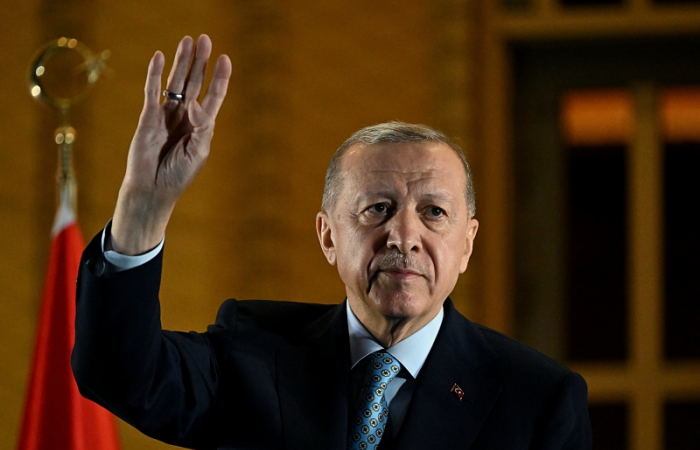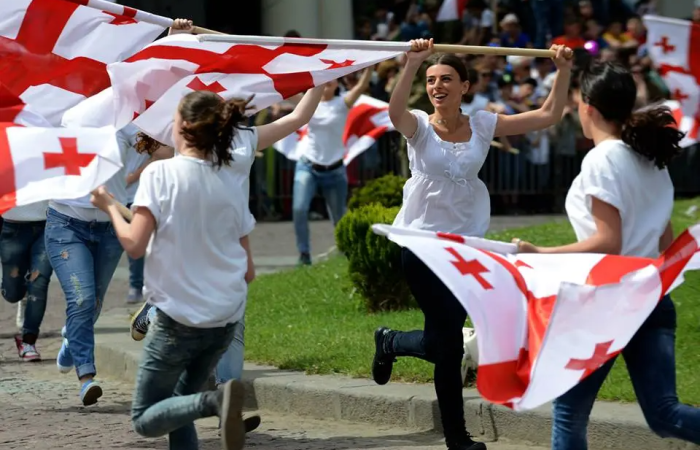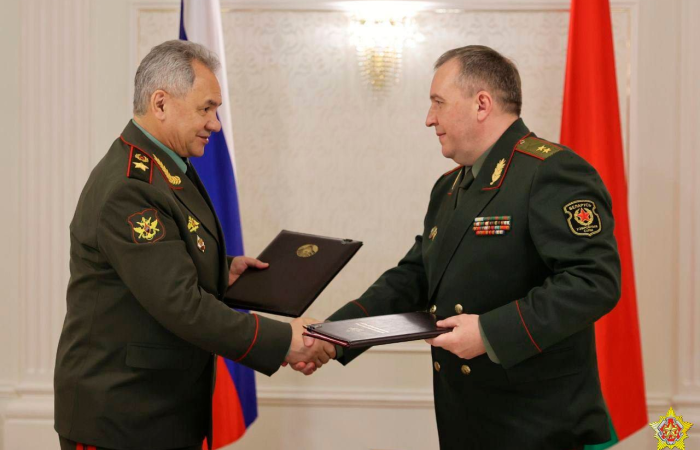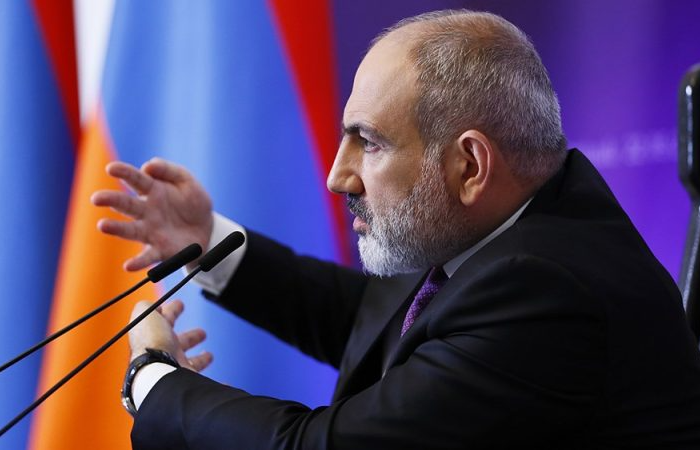Editor's choice
This is a members’ functionality. Please
Sign upNews
Trending
Drones fly above Kyiv and Moscow, Russia attacks three times in 24 hours
30 May 2023
Russia has launched three mass aerial assaults on the Ukrainian capital Kyiv in 24 hours, with the latest coming in the early hours of Tuesday (30 May).
It was the 17th such attack just this month, with the Kyiv City Military Administration reporting that Iranian-made Shahed drones approached the city from different directions, and in several waves.
According to Ukrainian authorities, the country's Air Defense shot down 29 out of 31 drones mostly fired at Kyiv. There are reports of one woman being killed and three others being injured after debris from a destroyed drone fell on a tower block, causing a fire. Drones shot down over other parts of Kyiv did not cause any other casualties, Kyiv City Military Administration reported.
Between midnight and 5am yesterday, on Monday (29 May), Ukrainian Air Defenses had also fought off yet another aerial attack from Russia, shooting down 37 out of 40 cruise missiles, and 29 out of 35 Shahed drones. No casualties were reported on that occasion, although a second attack that came late morning yesterday reportedly injured one. Meanwhile, also on Tuesday morning, Muscovites awoke to the sound of explosions as alleged Ukrainian drones were shot down over Moscow. Although Russia's state-run RIA Novosti reports that eight drones were shot down over Moscow, reports on social media suggest that as many as two dozen drones flew over Moscow.
Russian authorities have reported that falling debris damaged a tower block, injuring two people, although they were not hospitalised. Ukraine has not commented on the claims.



